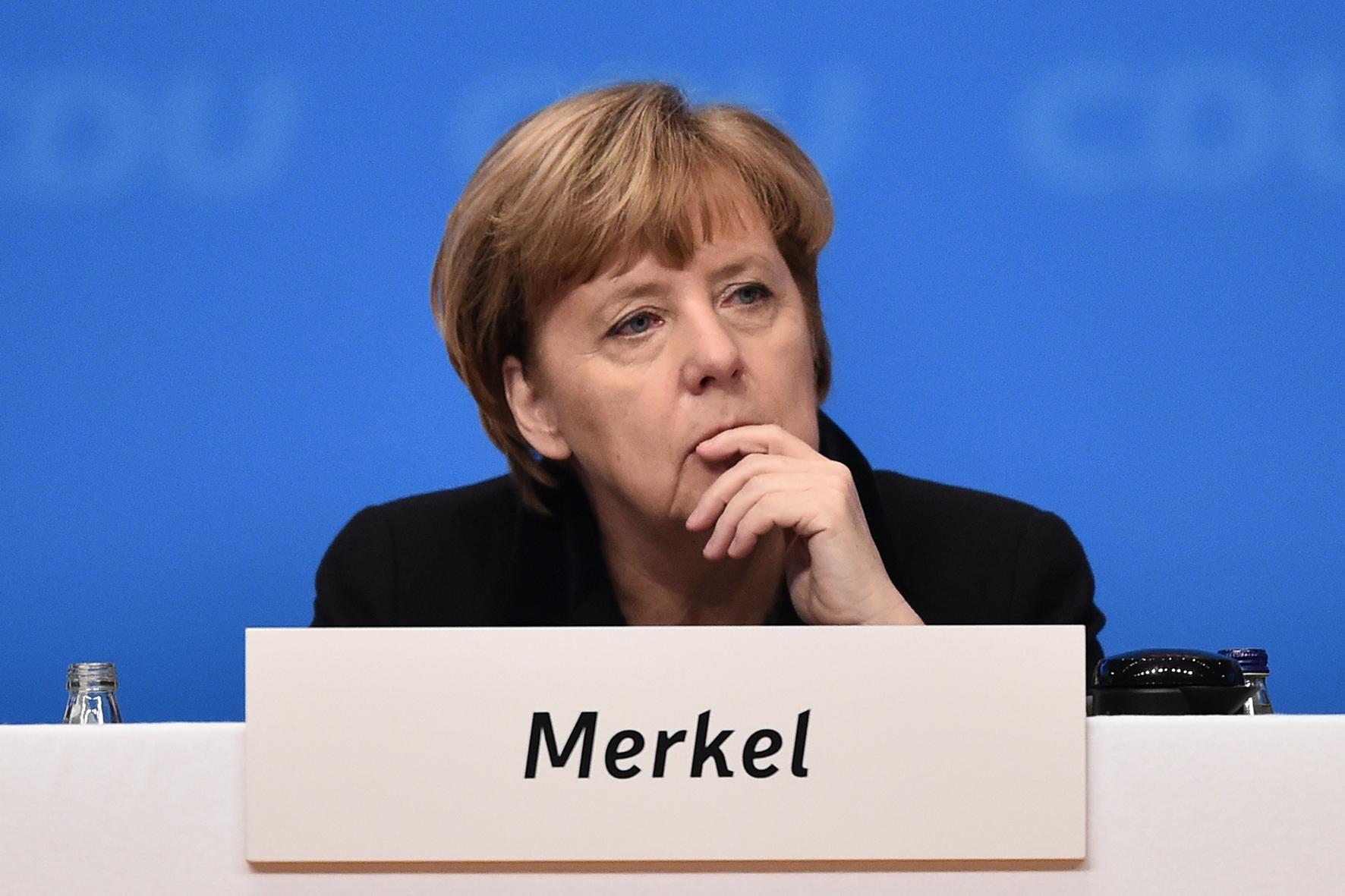After the Bundestag vote
The outcome of the 24 September vote reconfirmed CDU/CSU as the first party and Angela Merkel at the lead, albeit forced to face a new, complex coalition with the Liberals and Greens. The Social-Democrats, slumped to a historical low, opt for the opposition; the anti-European AfD movement takes over the right wing. The EU’s concern for Berlin’s political future

On the one side Angela Merkel has lost the Bundestag elections: her Christian-Democratic Union (CDU), in conjunction with the Bavarian Christian-Social Union (CSU) gained only 33% of the vote; 8% less compared to the previous 2013 election. However, she is the winner on another front, since after 12 years she received a clear governmental mandate. CDU/CSU was reconfirmed as the first political force in the Country, and no government can be formed without or against it. However, Angela Merkel needs partners that are willing to join her in a coalition in order to reach an absolute majority of MPs ahead of the election of the chancellor and the formation of the government. In terms of numbers there are only two options. One of these, the continuation of the “large coalition” with the Social-Democrats (SPD), was ruled out on election day owing to SPD’s electoral loss. With 20.5% of the vote, Social-Democrats plummeted to a historical low. Their leadership, entrusted to pro-European politician Martin Schulz, definitely excluded the possibility of a new coalition with CDU/CSU. Voters did not support the successful participation in the “great coalition”, where SPD promoted the ideas and proposals enshrined in its program, covering all social and political issues. The “great coalition” was discarded because it avoided addressing controversies on themes deemed of major importance, virulent issues and societal concerns. Moreover, small political parties failed to play their role at the opposition, hence, in democratic terms, the next legislature will need to face a strong opposition. SPD, under Schulz’s leadership, justly sees the election results as a mandate to run the opposition, also to avoid that the role of leader may be taken by Alternative for Germany (AfD), the right-wing populist protest party with extremist members, which, having gained 13%, wins seats in the Bundestag for the first time, surging to third largest Party. There ensues that having excluded a coalition with AfD and a coalition with the Left (Die Linke, 9.2%), CDU has no other option than a three-party coalition with the Liberals (FDP, 10.7%) and the Greens (8.9% ). There is also the Bavarian Christian Social Union, teamed up with the CDU, but the former declared that it will take part in the coalition talks as an independent party. The profiles of the potential government partners are indeed diverse, each with specific priorities in their respective programs. CSU looks to the right: notably, it demands more restrictive measures on migrants and asylum to counter AfD. FDP wants to strengthen the market and decrease regulations. The Greens aim at stepping up environmental and climate protection, with related consequences on industry and transport. CDU, a great popular party, that encompasses various groups with different interests and goals, always manages to balance out even the most contradictory demands.
The Chancellor is a master of moderation: she has always succeeded in reaching solid compromise solutions.
This time she is supported by the fact that a coalition involving different partners has no alternative, since SPD’s refusal is a definitive one. Naturally, outside Germany questions point at the consequences of the new coalition. Will the chancellor be able to continue supporting a pro-European outlook even with her new government partners? Will she have to take into account the support given to AfD? Will she manage to be involved in the proposals of French President Emmanuel Macron? How will she respond to the ideas of European Commission president Jean-Claude Juncker and to his vision of the future of the European Union? These are bound to remain open questions until the government is formed, which will take some time. It is expected to happen not long before the elections in Lower Saxony, to be held in three weeks. However, a number of signs indicate that European politics will continue under the banner of continuity and that, considering the challenges that Europe is called to face at internal level and of the threats posed externally, German citizens are due to become involved in the new initiatives expected by France – albeit with the typical caution of Chancellor Merkel.